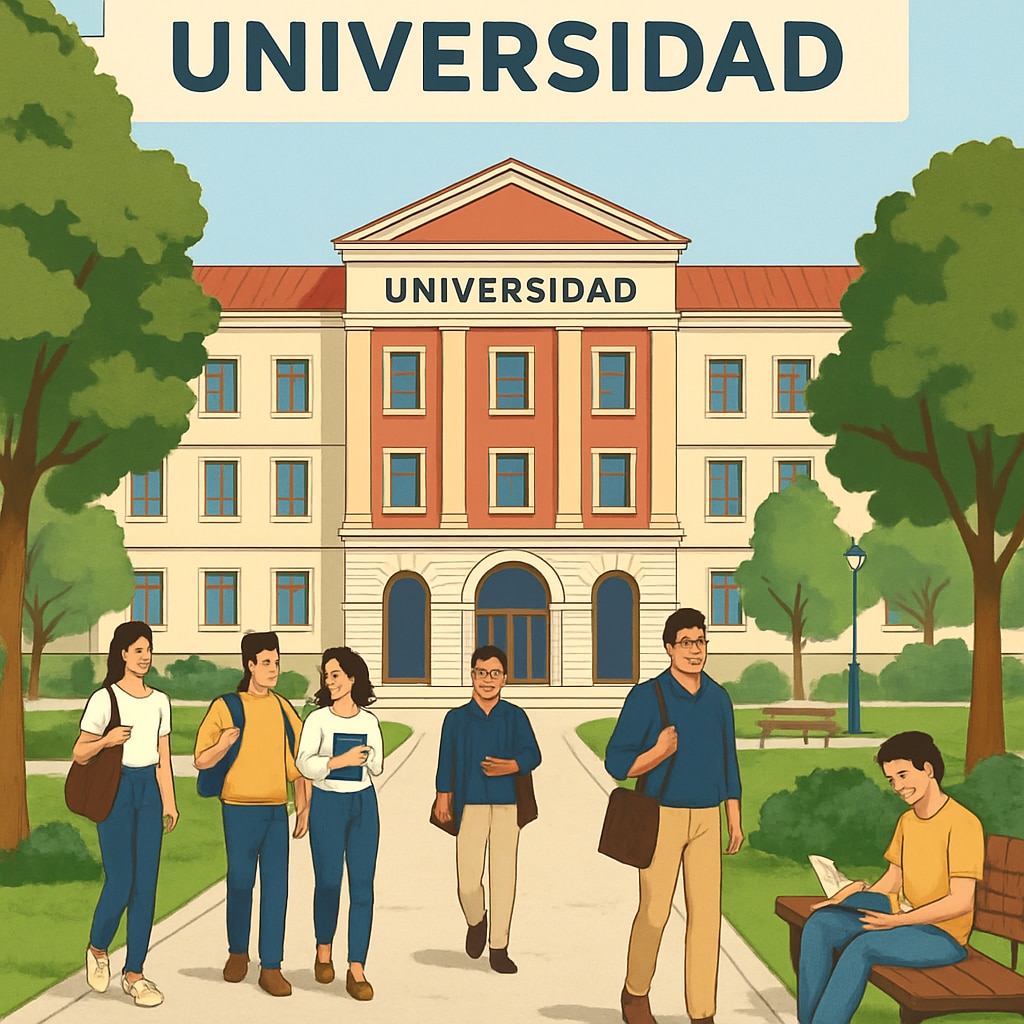Embarking on the journey of studying for a master’s degree in Spain is both exciting and challenging. With its world-class universities, rich cultural heritage, and warm, welcoming society, Spain provides international students with a unique opportunity to pursue academic excellence while experiencing a vibrant lifestyle. However, the success of this endeavor depends on understanding the feasibility of pursuing higher education in Spain and effectively integrating into local culture.

Why Choose Spain for Your Master’s Degree?
Spain offers internationally recognized academic programs, particularly in fields like business, arts, and engineering. Universities such as the University of Barcelona and IE Business School are renowned for their high-quality education, cutting-edge research, and diverse student communities. Additionally, Spain’s relatively affordable tuition fees and living costs make it an attractive destination compared to other European countries.
Moreover, Spain’s multicultural environment allows students to interact with peers from all around the world, fostering cross-cultural understanding. The country’s emphasis on work-life balance ensures that students can enjoy a fulfilling academic experience alongside leisure and exploration.
Adapting to Spanish Culture: Key Challenges and Solutions
Adapting to Spanish culture is an integral part of the study abroad experience. While the country’s laid-back lifestyle and friendly locals make integration smoother, international students may face challenges such as language barriers, cultural differences, and understanding daily routines.
- Language Barrier: Although many master’s programs are offered in English, learning basic Spanish can significantly enhance your social interactions and daily life. Enrolling in language courses or practicing conversational Spanish with locals can be immensely helpful.
- Cultural Differences: Spanish culture emphasizes family, community, and leisure. Adapting to local traditions, such as siestas (midday breaks) and late-night dinners, can take some time but is a rewarding experience.
- Building Connections: Joining university clubs, attending social events, and engaging in local activities can accelerate the integration process and help build lasting friendships.

Practical Considerations for Studying in Spain
Before applying for a master’s degree in Spain, prospective students should consider several practical aspects:
- Visa Requirements: Non-EU students need a student visa to study in Spain. Ensure that you gather all necessary documents, such as proof of admission and financial means, well in advance.
- Accommodation: Spain offers various housing options, including university dormitories, shared apartments, and private rentals. Research the cost and proximity to your university before making a decision.
- Health Insurance: International students are required to have health insurance that covers medical expenses during their stay. Investigate available policies and choose one that suits your needs.
- Financial Planning: Although Spain is relatively affordable, it’s essential to budget for tuition fees, living expenses, and additional costs such as travel and entertainment.
Tips for Thriving in Spanish Society
Thriving in Spanish society involves embracing the local lifestyle and taking initiatives to become part of the community. Here are some tips:
- Participate in Cultural Activities: Engage in festivals, explore historical landmarks, and try local food to immerse yourself in Spanish culture.
- Explore Networking Opportunities: Attend academic conferences, career fairs, and alumni meetups to build professional relationships that can enhance your career prospects.
- Stay Open-Minded: Being open to new experiences and perspectives will enrich your time in Spain and make the integration process more enjoyable.
In conclusion, studying for a master’s degree in Spain is a feasible and enriching experience for international students. By addressing practical considerations and actively adapting to Spanish culture, students can achieve academic success while enjoying the vibrant lifestyle Spain has to offer.
Readability guidance: The article uses short paragraphs, clear headings, and lists to summarize key points. Active voice is prioritized, and transitions are used to maintain flow and coherence.


